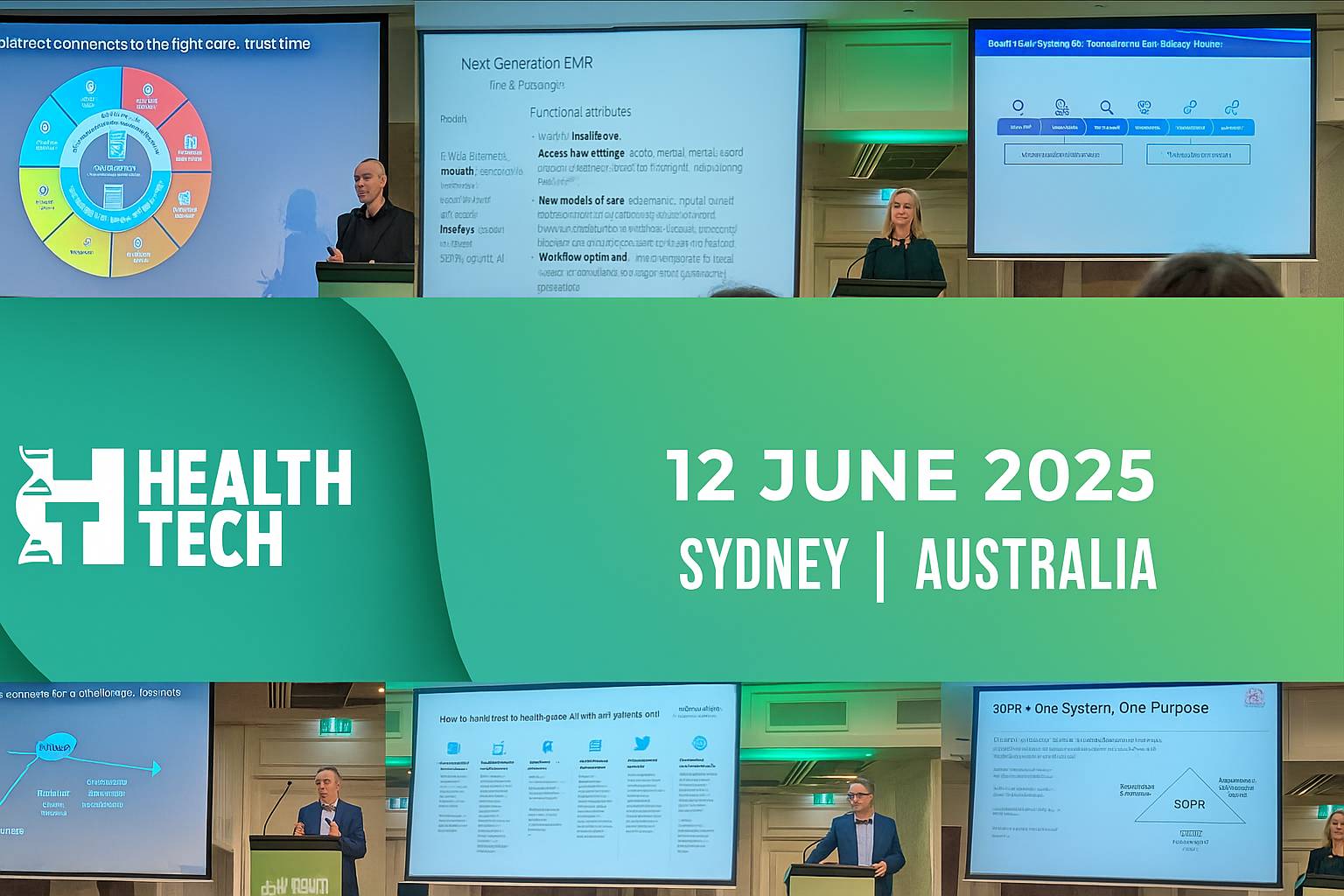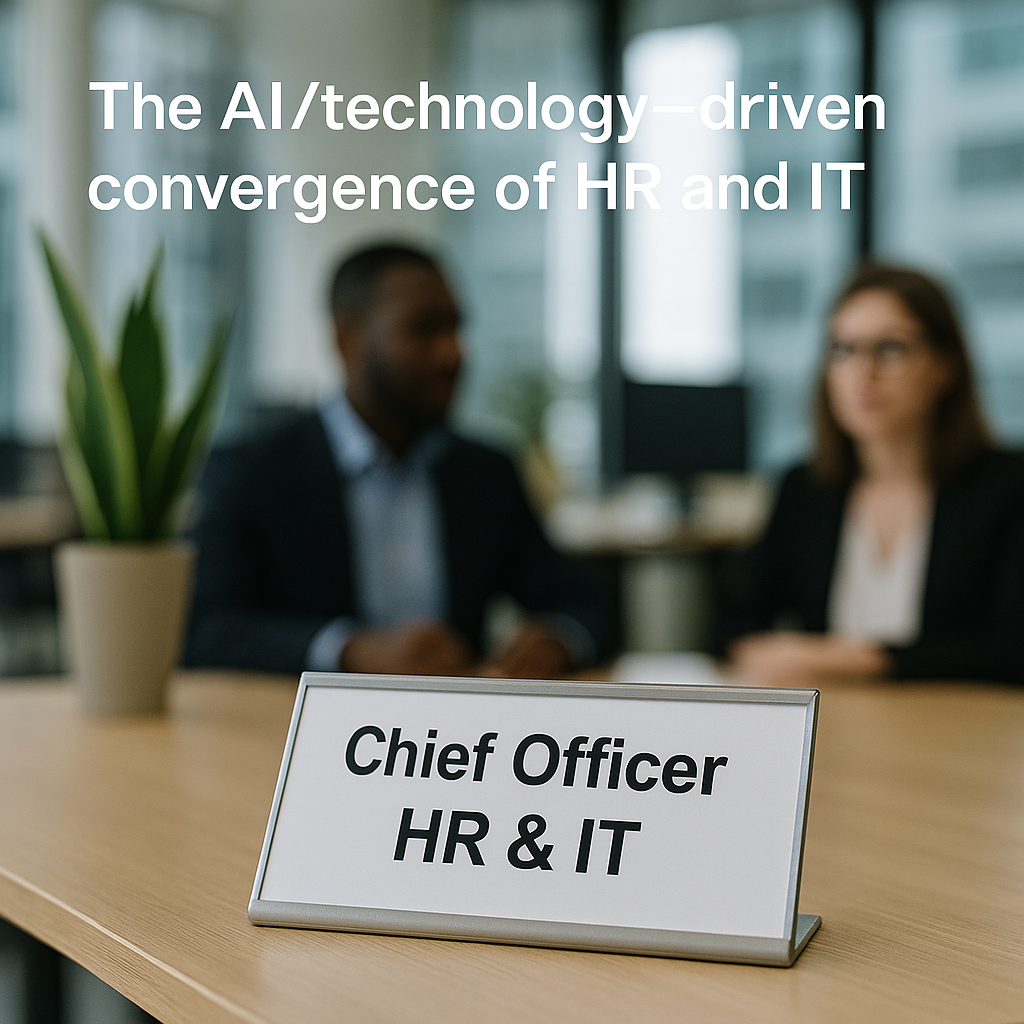
Reimagining Patient Care: Insights from HealthTech 2025
On Thursday, June 12, I had the privilege of attending HealthTech 2025 at the Swissotel Sydney. As Australia’s premier forum for healthcare innovation, the event convened leading minds to address the evolving landscape of patient-centered care.
Great opening sessions at HealthTech 2025, themed, “Reimagining the Future of Patient Care”. Initial sessions showcased Singapore’s Innovation Ecosystem with Dr Pauline Erica Tay and from Digital Adoption to Operational Delivery with Prof. Amith Shetty and Dr Jason Tsung.
Key Takeaways:
AI and Consumer Navigation: Mitchell Burger of Healthdirect discussed their mission to connect consumers to the right care the first time. He highlighted AI’s generative capabilities—its potential to be more empathetic and persuasive—while noting current limitations around low public trust and the need for human-in-the-loop (HITL) systems, which may cap productivity gains.
Virtual Emergency Care Expansion: Dr. Sharon Hakkennes, Chief Digital Health Officer at the Victorian Department of Health, shared the success story of Victoria’s Virtual Emergency Department (VVED), now implemented statewide. The initiative includes virtual short stay units, specialist clinics, and a broad spectrum of services aimed at improving emergency care access and efficiency.
AI Integration in Healthcare: Joe Cain’s keynote shed light on the transformative potential of artificial intelligence in clinical settings, emphasizing the importance of trust and robust frameworks for successful adoption. He introduced five foundational pillars for building AI with both patients and professionals in mind: (1) put people first in AI design, (2) enhance human-AI collaboration, (3) demonstrate efficacy and fairness, (4) enable innovation with clear guardrails, and (5) build strong cross-sector partnerships.
Digital Health Ecosystems: Alexandra Wagstaff, Director of Clinical Systems and Transformation, presented the NSW Health Single Digital Patient Record (SDPR) initiative. She explained how SDPR will fundamentally change how people care and are cared for across the state by providing a seamless, connected view of each person’s healthcare journey. The initiative brings together nine electronic medical record (EMR) platforms, ten patient administration systems, and five laboratory information management systems into one cohesive system for improved decision-making and coordinated care.
Global Perspectives: Dr. Nasir Kenea highlighted Canada’s strides in health data interoperability, underscoring the value of international collaboration in healthcare advancements.
Workforce Transformation: Dr. Simon Kos from Microsoft discussed strategies to equip healthcare professionals with the necessary tools and mindset to navigate digital transformations effectively. He outlined three essential layers of healthcare digitisation: systems of record (digitising paper and manual processes), systems of insight (aggregating disparate data for a holistic view), and systems of engagement (configurable tools to support emerging models of care).
Reflections:
HealthTech 2025 underscored the imperative for healthcare leaders to embrace innovation while maintaining a steadfast commitment to patient-centric values. The convergence of technology and compassionate care is not just a vision but a tangible pathway to enhancing health outcomes.
For those interested in the future of healthcare delivery and innovation, I highly recommend engaging with the insights shared at this forum.





